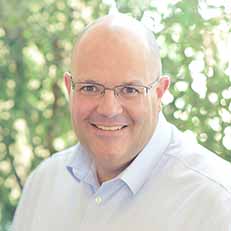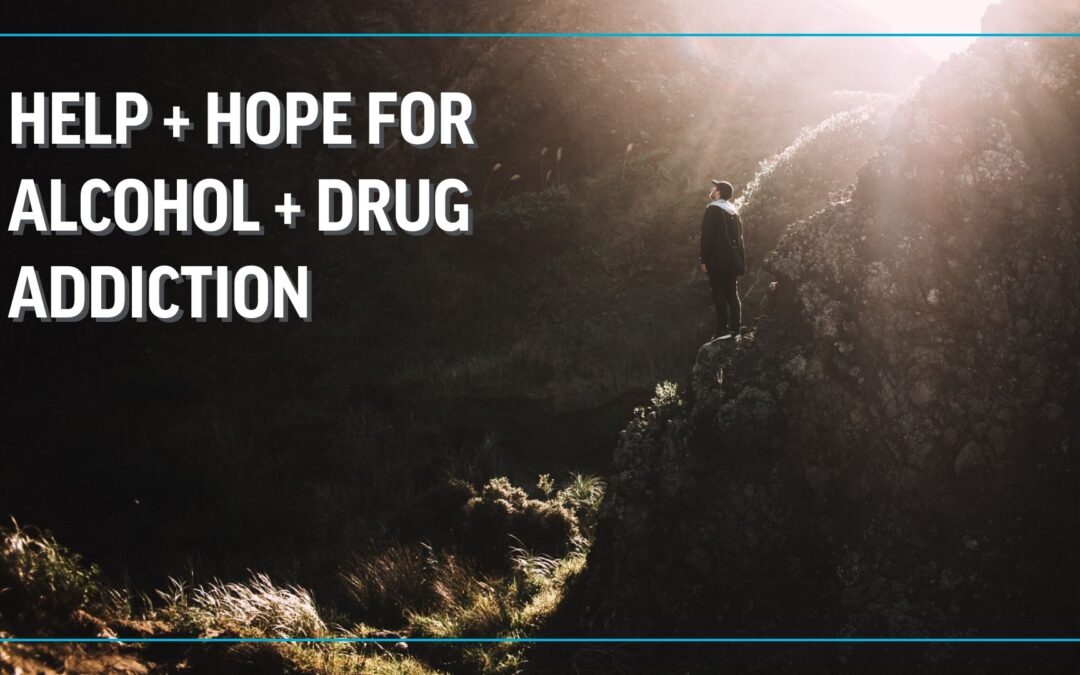You Never Thought You Would Be Here
Nobody makes it their goal to become addicted to something. Yet, so many people wake up in the United States every year to find that they have been taken over by drugs or alcohol. Addiction is not new. It is as old as sin. In Romans 7:15, Paul describes his sin nature in a way that defines addiction when he exclaims, “I do not understand what I do. For what I want to do I do not do, but what I hate I do.”
There is plenty to hate about drug and alcohol addiction, especially the unmanageable and damaging chaos it brings. Addiction’s warning signs can be physical or psychological. Relationships with family and friends may be ruined. Social and recreational activities can diminish as substances are consumed more times a day and in larger amounts. If this describes your situation, you know the pain of addiction and are longing for the next step in your recovery process. Thankfully, there are treatment options that offer help and a loving God who offers hope.
Thankfully, There is Help
Drug and alcohol treatment programs vary based on severity of need. A helpful first step is to schedule an appointment at a local treatment center or with a professional counselor that is credentialed as a LAC (Licensed Addiction Counselor) or CAC (Certified Addiction Counselor). There, a comprehensive drug and alcohol evaluation will determine whether you are struggling with a substance use disorder and, if so, the type of treatment that will best support your long-term recovery. If we can help with a professional referral, submit a request through our “Connect to Care” link.
Inpatient Treatment
If you suffer an addiction that is severe, an initial inpatient stay may be necessary. A typical inpatient stay can span from a week to 30 days. This is often needed when someone is experiencing withdrawal symptoms or has an extensive history of not being able to stop taking drugs and alcohol. Here, the first stage of recovery requires medical treatment or supervision to ensure safety and success.
Outpatient and Intensive Outpatient Treatment
Oftentimes, outpatient treatment (intensive outpatient or traditional outpatient) is a more appropriate next step. An intensive outpatient (IOP) program can offer multiple treatment contacts a week (usually 3-5 days) for approximately 3 hours a day. This level of treatment provides the amount of help necessary to support recovery, while also allowing you to live at home, maintain employment, and spend regular time with your friends, family, and church community. Finally, for those needing less intensive help, there are traditional outpatient programs that can be both effective and less time consuming. This includes professional treatment groups (like Relapse Prevention) and individual counseling.
Additional Resources
Many may also benefit from supplementing their professional treatment with a 12-step recovery group. Many have benefitted from Alcoholics Anonymous. At Mission Hills Church, we offer re:generation, a 12-step community that puts your relationship with Jesus at the center of recovery (learn more about re:generation by clicking here). Stepping out of addiction’s dark isolation into the light of treatment and support can make all the difference. Thankfully, there is help!
Thankfully, There is Hope
Beyond help, there is hope. After outlining his addiction to sin in Romans 7:15, Paul proclaims his powerlessness and desperation for hope in Romans 7:24 crying “What a wretched man I am! Who will rescue me from this body of death?” Paul’s desperate question is immediately followed with the hopeful answer in verse 25, where he declares “Thanks be to God—through Jesus Christ our Lord!” While apart from Jesus, we are powerless (John 15:5), we can do all things (including overcoming drug and alcohol addiction) through the power of Jesus (Philippians 4:13).
What does recovery through Jesus’ strength look like? At least two important ingredients are immediately available to everyone who has accepted Jesus as their Savior and Lord. First, the shame and guilt you carry from your addiction can be replaced with the unconditional forgiveness and amazing grace given to all of God’s children (1 John 1:9). Secondly, when you accept Jesus, you also receive the Holy Spirit to strengthen and guide you (John 16:7-15; Ephesians 3:16). It is by His power, not your own, that true recovery from addiction is possible. Thankfully, there is hope!
Take Your Next Step
If drug or alcohol addiction is part of your story, do not give up. Many have walked this road before you and have found the healing that comes through the help of treatment and the hope of Jesus. Wherever you are, let me encourage you to take your next recovery step. Start professional treatment. Get connected to a recovery community. If you have not yet said yes to a personal relationship with Jesus, He is inviting you right now to accept God’s forgiveness and grace. If you have received Jesus as your Savior and Lord, lean into the power of the Holy Spirit, who can overcome what you are powerless against. There is help! There is hope!

AUTHOR CREDITS

Care Pastor

GRAPHIC CREDITS
🎨 Credit | Maddie Brouwer
Communications Coordinator


